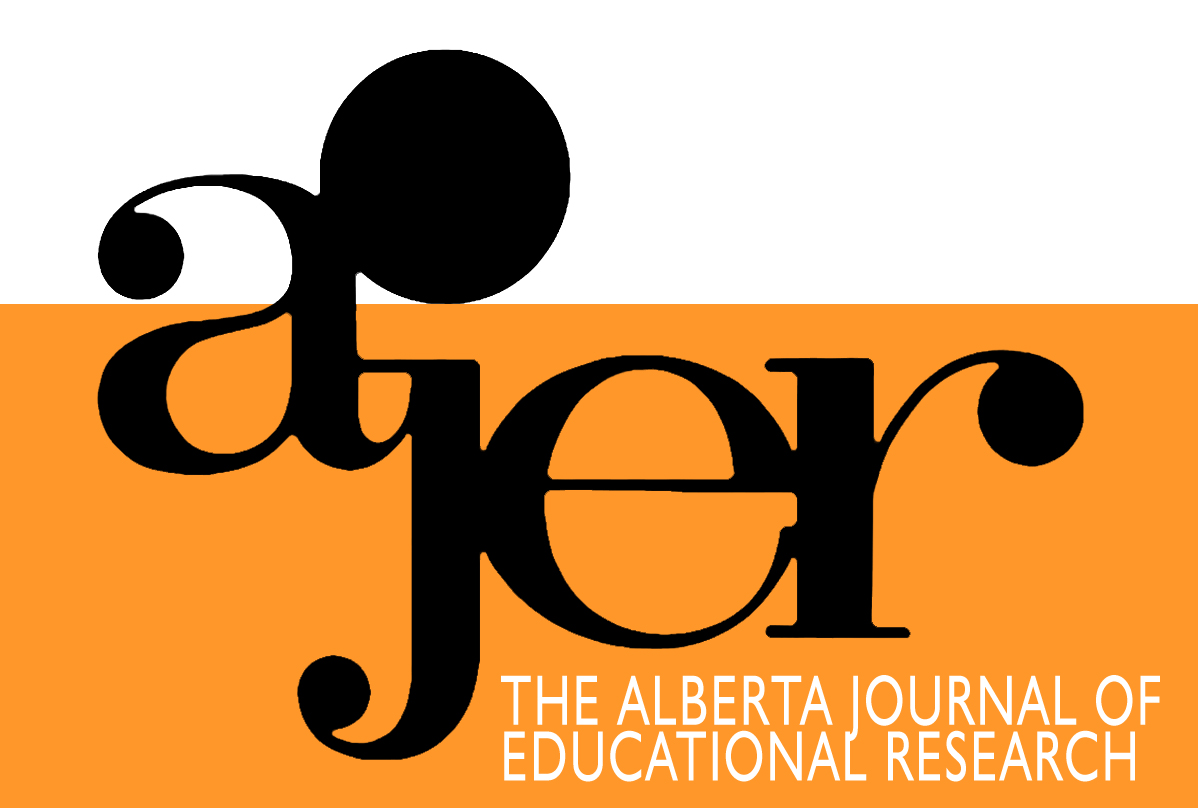Early Absenteeism and Academic Outcomes: Evidence from a Longitudinal Study
DOI:
https://doi.org/10.55016/ojs/ajer.v70i1.76497Abstract
Socioeconomically Marginalized Youth of Color (SMYoC) across global contexts tend to receive lower academic grades and standardized test scores due to systemic racism and classism. Research suggests that preschool enrollment is associated with short-term positive academic effects, yet little is known about how absenteeism relates to later academic outcomes particularly among SMYoC. This is a crucial area of study as preschool can help to close opportunity gaps and promote educational equity, yet absenteeism may buffer its benefits. The present study investigated long-term associations between preschool absenteeism and academic outcomes and whether later absenteeism mediates this association among SMYoC in New York City. Analyses revealed significant negative associations between preschool absenteeism and both math and English language arts achievement in third through sixth grades. Additionally, we found mediation effects of assessment grade absenteeism (i.e., absenteeism rate during the year of the assessment) in third and sixth-grade math. Results highlight the importance of identifying strategies to increase preschool attendance rates to support academic outcomes.
Keywords: attendance, absenteeism, opportunity gap, academic outcomes, preschool
Partout au monde, les jeunes de couleur marginalisés sur le plan socio-économique ont tendance à obtenir de moins bonnes notes à l'école et de moins bons résultats aux tests standardisés en raison du racisme systémique et du classisme. La recherche suggère que l'inscription à l'école maternelle est associée à des retombées scolaires positives à court terme, mais on sait peu de choses sur la façon dont l'absentéisme est lié aux résultats scolaires ultérieurs, en particulier chez ces jeunes. Il s'agit d'un domaine d'étude crucial, car si l'éducation préscolaire offre la possibilité de combler l’inégalité des chances et de promouvoir l'équité en matière d'éducation, l'absentéisme peut en atténuer les avantages. La présente étude a examiné les associations à long terme entre l'absentéisme préscolaire et les résultats scolaires et a cherché à déterminer si l'absentéisme ultérieur jouait un rôle médiateur dans cette association parmi les jeunes de couleur défavorisés de la ville de New York. Les analyses ont révélé des associations négatives significatives entre l'absentéisme préscolaire et les résultats en mathématiques et en anglais en troisième et en sixième année. En outre, nous avons trouvé des effets de médiation de l'absentéisme au cours de l'évaluation (c'est-à-dire le taux d'absentéisme au cours de l'année de l'évaluation) en mathématiques en troisième et en sixième année. Les résultats soulignent l'importance d'identifier des stratégies pour augmenter les taux d'assiduité des enfants d'âge préscolaire afin de favoriser les résultats scolaires.
Mots-clés : assiduité, absentéisme, inégalité des chances, résultats scolaires, préscolaire
Downloads
Published
Issue
Section
License
UNIVERSITY OF ALBERTA COPYRIGHT LICENSE AND PUBLICATION AGREEMENT
If accepted, authors will be asked to sign a copyright agreement with the following points:
A. Where there is any inconsistency between this Copyright License and Publication Agreement and any other document or agreement in relation to the same subject matter, the terms of this Agreement shall govern.
B. This document sets out the rights you are granting in relation to publication of your article, book review, or research note entitled (the “Article”) through inclusion in the academic journal titled Alberta Journal of Educational Research (the “Journal”) published through the Faculty of Education, representing the Governors of the University of Alberta (the “Journal Editor”).
C. There will be no payment to you for this publication and grant of rights. In consideration of the agreement to publish the Article in the Journal:
1. You are warranting that:
- the content of the Article is your original work, and its content does not contain any material infringing the copyright of others; or, where the Article is not entirely your original work, you have obtained all necessary permissions in writing to grant the rights you are giving in this agreement;
- the content of the Article does not contain any material that is defamatory of, or violates the privacy rights of, or discloses the confidential information of, any other person;
- the Article has not been published elsewhere in whole or in part, and you will not allow publication of the Article elsewhere without the consent of the Journal Editor;
- the names of all co-authors and contributors to the Article are:
2. You agree to license the copyright in the Article to the Journal Editor, on a worldwide, perpetual, royalty free basis; and to the extent required by the terms of this agreement. You shall retain the right at all times to be acknowledged as the/an author of the Article.
3. You further agree that the Journal Editor has the entitlement to deal with the Article as the Journal Editor sees fit, and including in the following manner;
- The right to print, publish, market, communicate and distribute the Article and the Journal, in this and any subsequent editions, in all media (including electronic media), in all languages, and in all territories, ing the full term of copyright, and including any form of the Article separated from the Journal, such as in a database, abstract, offprint, translation or otherwise, and to authorize third parties to do so;
- The right to register copyright of the Journal;
- The right to edit the Article, to conform to editorial policy as the Journal Editor sees fit.
4. If any co-author or contributor to the Article does not sign this agreement, the Journal Editor reserves the right to refuse to publish the Article.



